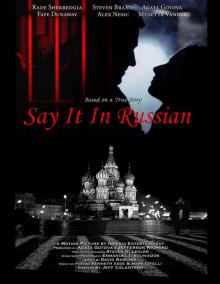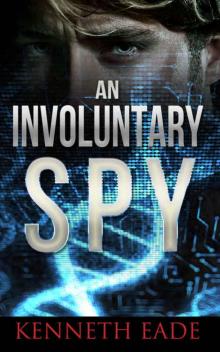 Brent Marks Legal Thriller Series: Box Set One
Brent Marks Legal Thriller Series: Box Set One Brent Marks Legal Thriller Series: Box Set Two
Brent Marks Legal Thriller Series: Box Set Two Say it in Russian
Say it in Russian Political Thriller: RUSSIAN HOLIDAY, an American Assassin story
Political Thriller: RUSSIAN HOLIDAY, an American Assassin story Spy Thriller: To Russia for Love: An Espionage and Pulp Fiction Political Thriller
Spy Thriller: To Russia for Love: An Espionage and Pulp Fiction Political Thriller Spy Thriller: An Involuntary Spy: An espionage thriller
Spy Thriller: An Involuntary Spy: An espionage thriller Traffick Stop, an American Assassin's Story (Paladine Political Thriller Series Book 3)
Traffick Stop, an American Assassin's Story (Paladine Political Thriller Series Book 3) Paladine
Paladine